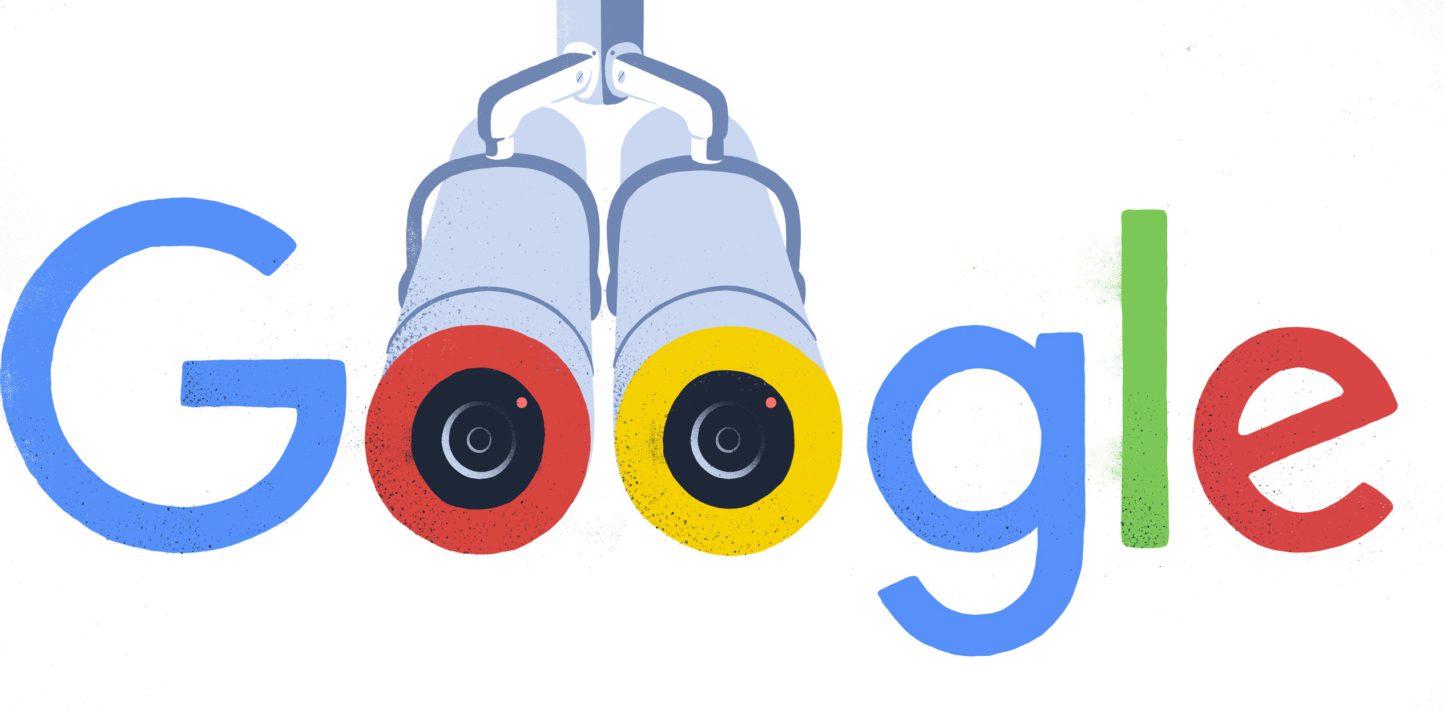You may have heard that Google and Facebook’s business model is built on gathering and monetising huge amounts of data about people – but what does that mean?
Google and Facebook’s services dominate the internet. Their services range from browsers (Chrome), mobile operating systems (Android), video sharing platforms (YouTube), messaging services (WhatsApp), social media (Facebook, Instagram), to Google Maps, Google Search, Google Calendar and Google Photos.
Advertisers are willing to pay more for detailed inferences and predictions about people – so Google and Facebook are constantly trying to find out more information about you to build as accurate a profile as possible. Our profiles include predictions of our moods, ethnicities, sexual orientation, political opinions, and vulnerabilities. In short – the more targeted an ad is to you; the more money Facebook or Google makes.
Many of us accept that giving some information to Google and Facebook is part of the deal of using their platforms. The problem is that the tracking is far more invasive than we realise, and amounts to ubiquitous corporate surveillance of our digital lives.
How far does Google and Facebook’s tracking reach?
Part of the reason the tracking can be so invasive is because of Facebook and Google’s dominance over the digital world, meaning its almost impossible to avoid.
For example, most smartphones use Google’s Android operating system. One study found that an idle Android phone sent Google 900 data points over the course of 24 hours, including location data. Facebook also tracks users on Android through its apps, logging people’s call and SMS history.
A 2018 study found that Facebook trackers are embedded in almost half of all free apps for Android. Trackers from Google’s parent company Alphabet are embedded in nearly 90% of all free Android apps. Both companies also constantly monitor which websites people are visiting, with Google trackers embedded in 86% of the top 50,000 websites according to a 2020 study.
What kind of data is being collected?
When you create a Google account, you give Google some personal information – such as your name and your password. But Google also tracks a huge range of activities: the places you go, the purchases you make, everything you do on the web while using Chrome, everything you search for while signed into Google, everything you do inside Google’s apps, all your Google assistant commands and your YouTube search and watch histories.
As a default, Google stores search history (including deleted searches) across all an individual’s devices, data on every app and extension they use and all their YouTube history.
Similarly, Facebook collects a huge amount of data about its platform users, including about the content you post, such as the location of a photo or the date a file was created. According to Facebook’s privacy policy, the company also collects data on the people you communicate with the most and the pages, accounts, hashtags and groups you are connected to.
Facebook can track you via web browsers, user IDs, consecutive logins, the time at which you logged in and which chat tabs are open. Even if you are not browsing Facebook, Facebook is watching what you are doing.
Facebook also collects data on people who don’t even have a Facebook account. It owns WhatsApp and Instagram and can pull data from those platforms as well. Like Google, Facebook’s reach goes far beyond Facebook itself – the two companies sit at the heart of digital advertising, tracking people across the digital world and combining the data with the information obtained through their platforms.
These companies can gather information about almost every aspect of us, and they are constantly working to expand their reach – including into our innermost thoughts, with innovations such as brain-computer interfaces.
Predicting our behaviour
Data-gathering practices like these mean that Google and Facebook can infer information about you that you haven’t knowingly or willingly given to them.
This includes details like hobbies, career, interests, location, relationship status, possible weight, income, who you talk to and what time you go to sleep. It can also include extremely personal and private information, such as whether you have searched for incest/abuse support, incontinence, infertility, mental health or STDs.
All these details are used to create a detailed profile about you, which can then be used to target you with specific ads.
You can even be targeted based on your vulnerabilities.
Googled a question about financial help? See an ad for a loan company.
Watched a YouTube video on mental health? See an ad for antidepressants.
Recently updated your Facebook relationship status to ‘Single’? See an ad for a dating app.
AI systems are making it easier than ever for the companies to make predictions about us – in 2018, Facebook stated that one of its machine learning frameworks was making up to 200 trillion predictions a day. These predictions are used to target ads towards us – the platforms understanding of our behaviours, and the details of our lives are being used to create profit. And that profit-making drive is pushing the platforms to find more ways to gain increasingly personal information about us.
Facebook and Google’s business model is based on ubiquitous surveillance of our digital lives, which is an assault on our right to privacy and threatens a range of other rights. Our lives are tied to the internet – so it’s essential that we have basic human rights protections online.
With such enormous profits at stake, Big Tech companies can’t be trusted to regulate themselves – governments need to step in and make sure that laws affecting the tech sector take a human rights-based approach, so that everyone can access the internet and enjoy their human rights.


